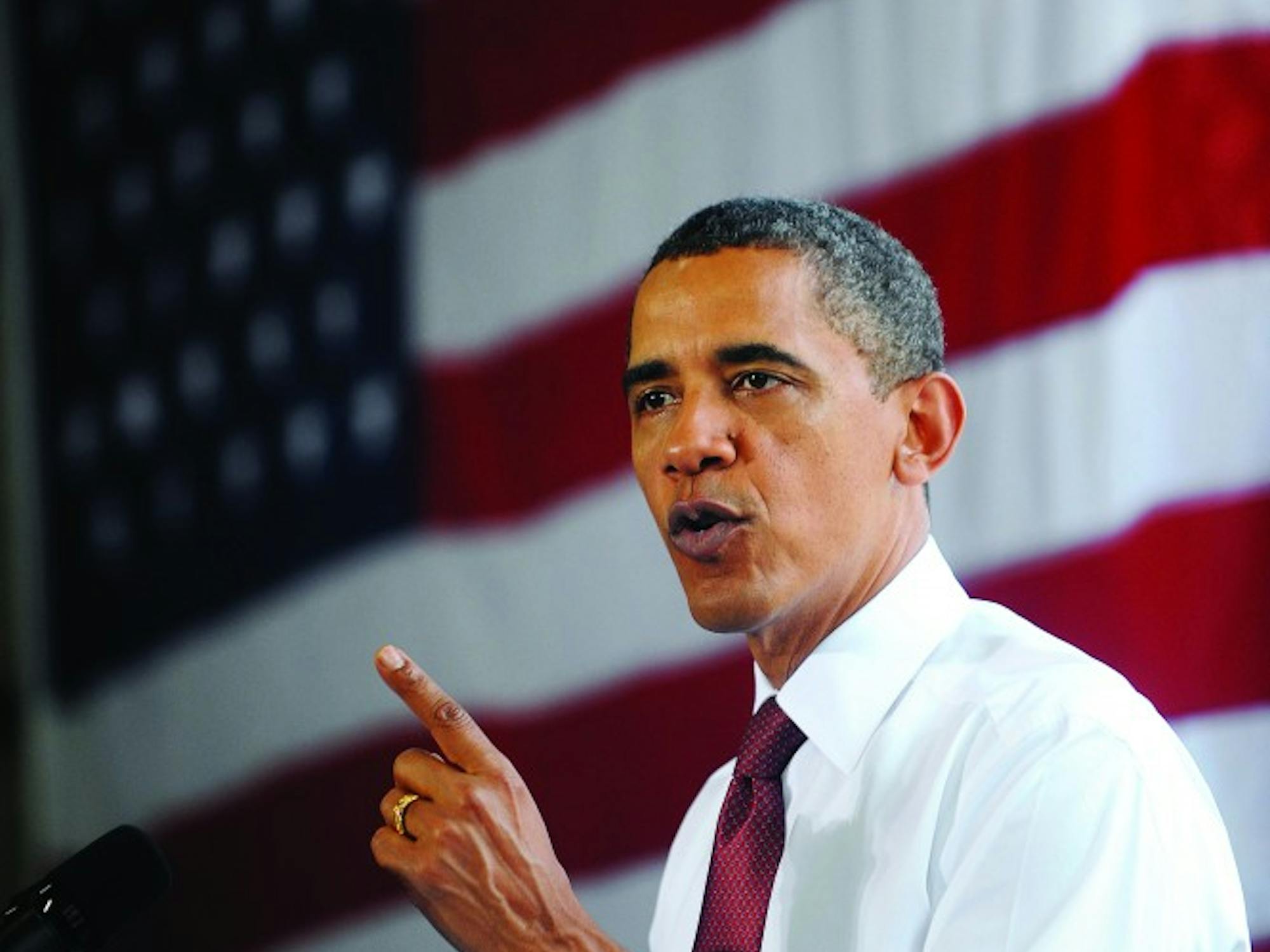Over the last couple weeks, numerous reports have surfaced that the White House offered a number of political contenders jobs within the executive branch if they would step aside in favor of an administration-backed candidate in several Democratic primaries. At this point, it doesn’t appear anything criminal has taken place, but that question will be answered in the coming weeks and months.
Quite honestly, the most troubling aspect of this situation is the fact the administration failed to bully any of the challengers out of their races. For all the political muscle the president should have at this point in his term, he wasn’t able to flex much of it with the home crowd.
Forget the banner of hope and change that enchanted much of the electorate in 2008. Above all, serious observers saw this president as someone who could effectively bridge divides and accomplish important goals. Through nearly a year and a half on the job, he hasn’t shown he has the skills to get much done.
Last week, one ideological sympathetic columnist to the president complained he “was supposed to be competent.” Yet, to this point, it appears he is not.
There are plenty of reasons why the president has had trouble during his first couple of years, but the most critical reason is that he doesn’t seem to be an executive at heart. Put another way, he is a bright man with lots of ideas, but not much skill at putting those qualities to use as president.
Richard Neustadt, the late author of “Presidential Power,” which is one of the seminal works on the office, argues presidential power comes from the ability to influence those people who hold formal power in situations the president does not. In other words, presidential power is the power to persuade.
The art of persuasion, as shown in the case of Congressman Sestak and others, appears to be lost on the current president and administration. The same problems have existed in the president’s efforts to influence Congress as well.
The president’s inability to get fellow Democrats to agree on healthcare ended with a law no one really loved but many tolerated, and the president’s reputation was worse for the wear.
There are many other examples since last January that articulate this same point. In terms of efficacy, President Obama has not been a good president thus far. The Constitution gives him until January 2013 to correct course, however.
As much as it would pain him to do so, the solution is actually to embrace Washington. He ran from the outside, which works with voters but gets you laughed out of the Capitol. He needs to learn how to maneuver on the Hill and convince legislators to follow his lead.
He also needs to understand the bureaucratic culture and that he isn’t strong enough to beat it. Bureaucracies and their organizational characteristics have staying power and he needs to manage them with a soft hand, not an iron fist, in order to get the results he wants.
This critique is not about what policies the commander-in-chief believes in, although that subject deserves debate; it is about his skills, or lack thereof.
He was supposed to be competent. He was supposed to right the wrongs of Washington. Perhaps he has time to do so yet, but unless he learns from the recent events in the Pennsylvania primary, he’s going to have a tough time. The clock is ticking.










